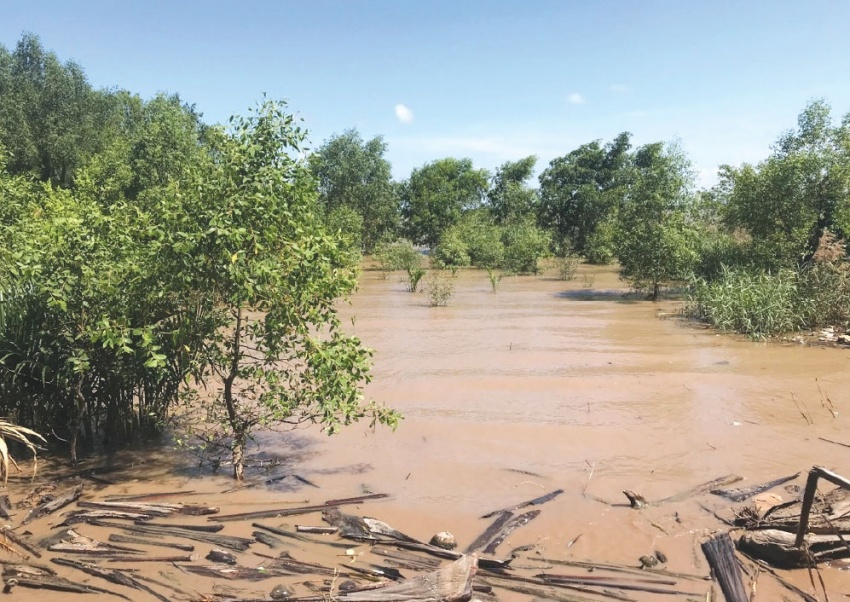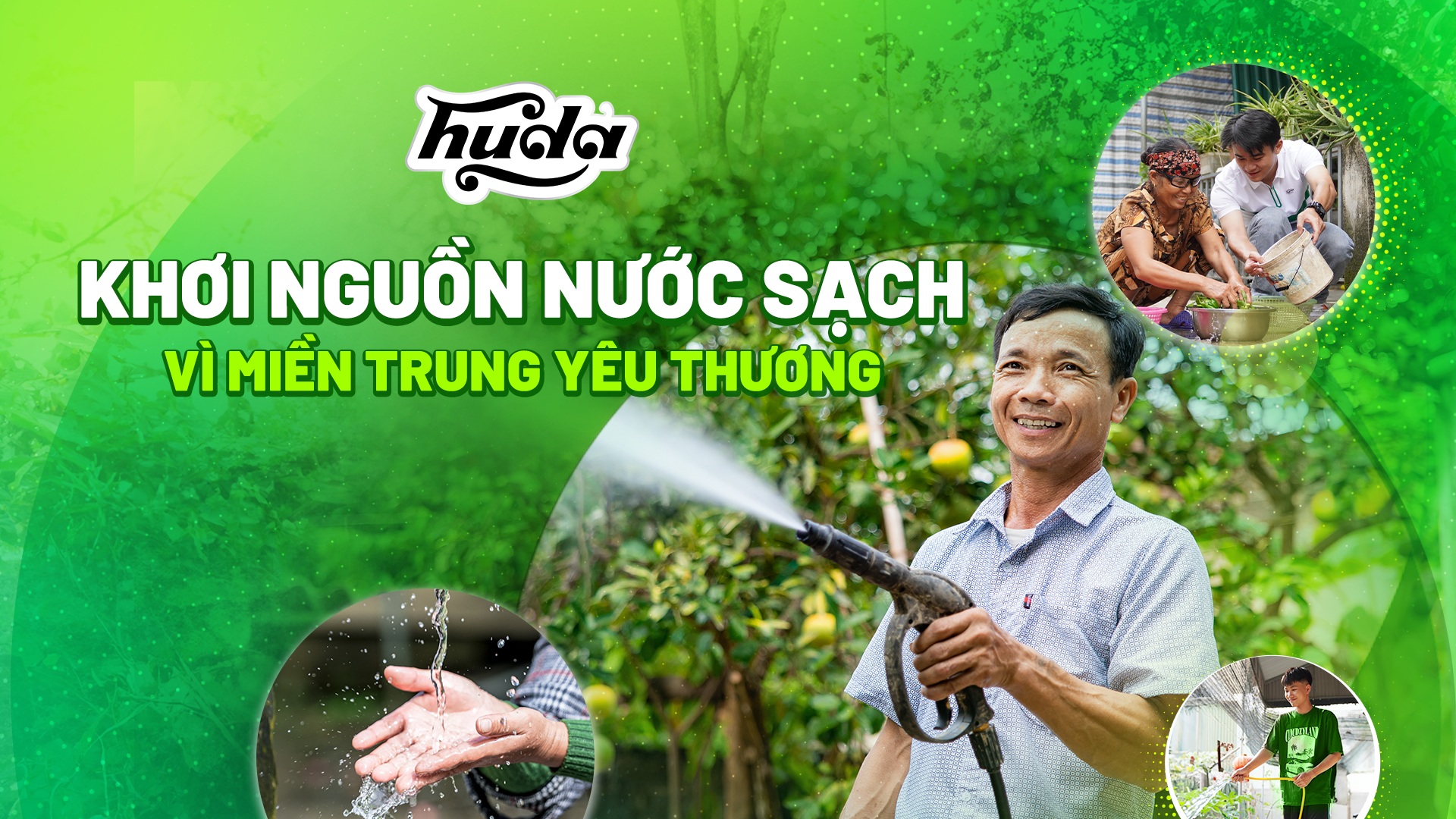INTERNATIONAL INVESTMENT
AND PORTAL
Experts at Vietnam Business Forum 2025 have proposed strategies to enhance water resource management in the Mekong Delta through innovation and strategic planning.

The Agribusiness & Environment Working Group recommended a series of solutions to improve water resource management in the Mekong Delta on Novemeber 10, emphasising the role of strategic models and technological innovation. According to the group’s statistics, Vietnam uses around 89 billion cubic metres of water annually across various sectors, highlighting the need for more efficient and sustainable management practices.
The largest consumer is agriculture, with 75 billion cu.m per year (84 per cent of total water use). Industry utilises 10 billion cu.m per year (11 per cent of total water use).
Meanwhile, domestic demand accounts for 4 billion cu.m per year (4 per cent of total water use). These figures highlight the importance of efficient water management and conservation practices to ensure sustainable water use in Vietnam.
The Mekong Delta, often referred to as the 'Rice Bowl' of Vietnam, is a critical region that supports the livelihoods of millions of people. Known for its extensive network of rivers, canals, and rich agricultural land, the Mekong Delta is vital to Vietnam's economy. However, the region faces significant challenges related to water management, which, if not addressed, could lead to severe ecological, economic, and social consequences.
According to the Agribusiness & Environment Working Group, despite its natural abundance, the Mekong Delta faces numerous challenges related to water management, including rising sea levels, saltwater intrusion, upstream dams and water diversions, land subsidence, and pollution from industrial and agricultural activities. These challenges are exacerbated by both natural and human-induced factors.
Given these challenges, sustainable water management is crucial for the Mekong Delta's future. Sustainable water management involves the careful planning and utilisation of water resources to meet the needs of the present without compromising the ability of future generations to meet their own needs.
Key aspects of sustainable water management in the Mekong Delta include integrated water resource management; climate resilience; sustainable agriculture practices; community engagement and education.
To resolve the above problems, the working group proposes a series of possible solutions and strategies.
The first solution is to enhance water infrastructure. Investing in modern and efficient water infrastructure, such as reservoirs, canals, and flood control systems, can help manage water resources more effectively. Upgrading existing infrastructure and implementing new technologies can improve water distribution, reduce losses, and enhance resilience to extreme weather events.
“The second proposal is to enhance international cooperation. Given that the Mekong River flows through multiple countries, transboundary cooperation is essential for effective water management. Collaborative efforts among the Mekong River Commission member countries can promote the sustainable use of shared water resources, address upstream-downstream impacts, and ensure equitable water distribution,” the working group noted.
Regarding policy and regulatory frameworks, strong government policy and regulatory frameworks are necessary to support sustainable water management. The Vietnamese government should implement policies that encourage water conservation, regulate groundwater extraction, and enforce pollution control measures. Incentives for adopting sustainable practices and penalties for non-compliance can drive positive change.
Another important proposal is research and innovation. Continuous research and innovation are needed to develop new solutions for water management challenges. Investing in research on climate change adaptation, sustainable agriculture, and water management technologies can provide valuable insights and tools for addressing emerging issues. Coordination between Mekong Delta universities and international research organisations is essential to ensure world's best practice in water management is researched and adopted.
 Carlsberg continues journey to bring fresh water to Central Vietnam
Carlsberg continues journey to bring fresh water to Central Vietnam
Huda, a brand of the Carlsberg Group, has announced five new fresh water projects serving the community in Vietnam's central provinces of Nghe An, Ha Tinh, Quang Binh, Quang Tri, and Thua Thien Hue, showing its contribution to the region.
 Huda's initiative eases clean water scarcity in Central Vietnam
Huda's initiative eases clean water scarcity in Central Vietnam
Huda’s Fresh water for beloved Central programme has been continuing to bring positive changes to the lives of thousands of households in the region.
 Carlsberg Vietnam committed to sustainability in central region
Carlsberg Vietnam committed to sustainability in central region
Carlsberg Vietnam, along with its iconic local brand Huda, is continuing its commitment to sustainability by delivering life-changing clean water solutions to several localities across Vietnam’s central region.
By Nguyen Kim



















